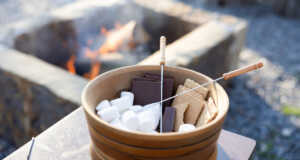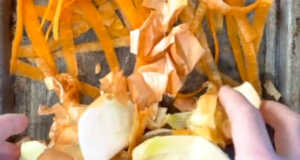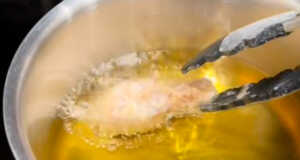I may run out of some ingredients, but olive oil is never one of them. I roast vegetables, sear chicken breast, and even drizzle some into a pan to revive leftovers, so sometimes I can stock up on a little too much and may not go through my stockpile fast enough. As I go to open a bottle of olive oil, how do I know if this cooking workhorse is past its prime?
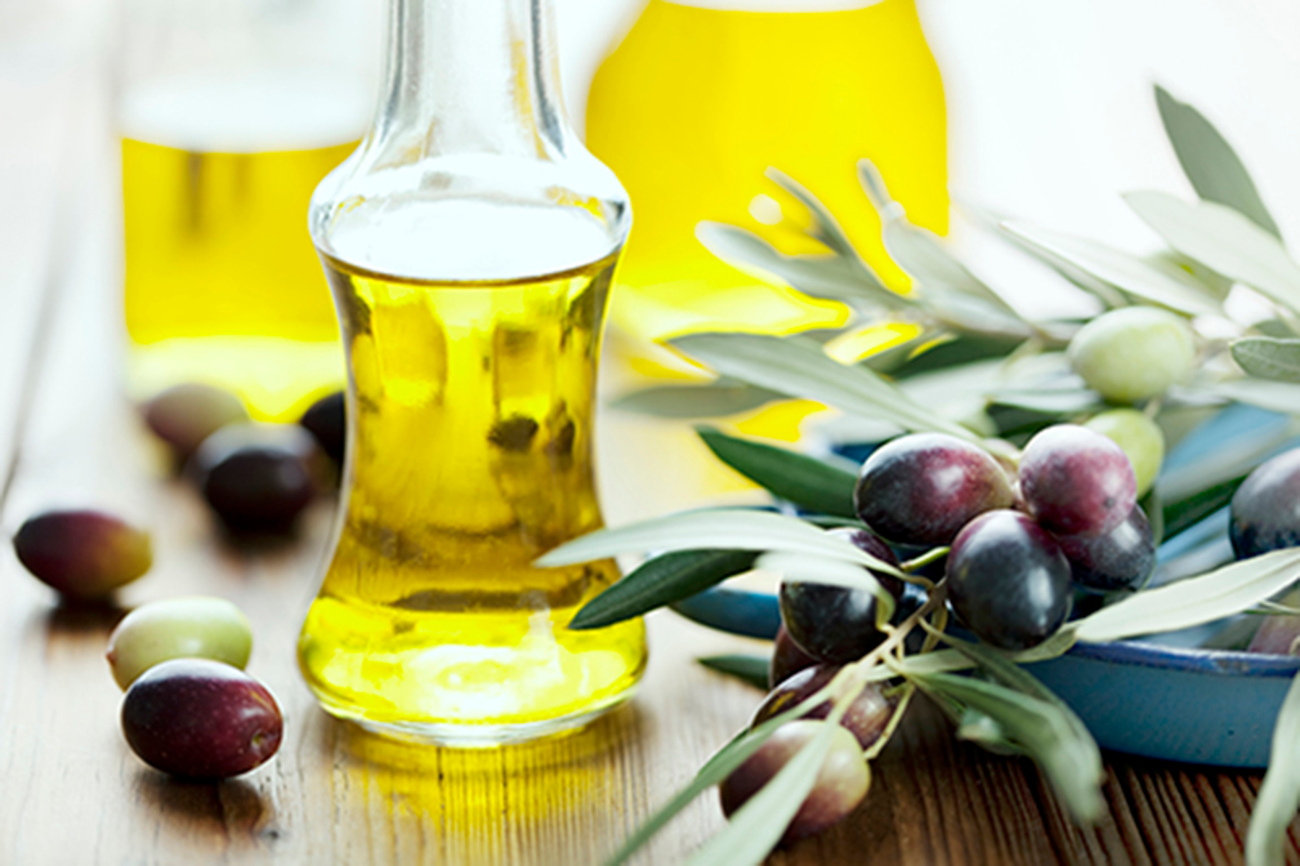
It’s easy to know when cheese or fruit go south, the weird blue mold, the smell, the squishy rotted feel – but what about olive oil? Just like everything else, this cooking staple does have an expiration date, the problem is it’s hard to tell just when it goes bad. Olive oil can go rancid and it goes bad fast, especially if olive oil is not stored in the right conditions – it needs to be kept in a dark, cool place – which could be anything from a kitchen cabinet far away from the stove or in your pantry.

The problem is most people don’t store their olive oil at a distance, walk into countless homes, and you’ll usually see the olive oil hanging out next to the stovetop, which makes sense because we always want to have essential ingredients close to where we cook or prepare, and while that might be okay for salt and pepper it’s not good for olive oil. When olive oil is in direct sunlight or close to heat, there are too many oxygen or carbon molecules in these places, and the fat molecules of olive oil will break down, resulting in a bitter taste that will transfer over into your cooked food. You’ll know when olive oil is bad, not by its color or its texture, but by its taste and smell, it will emit a rancid and bitter aroma.
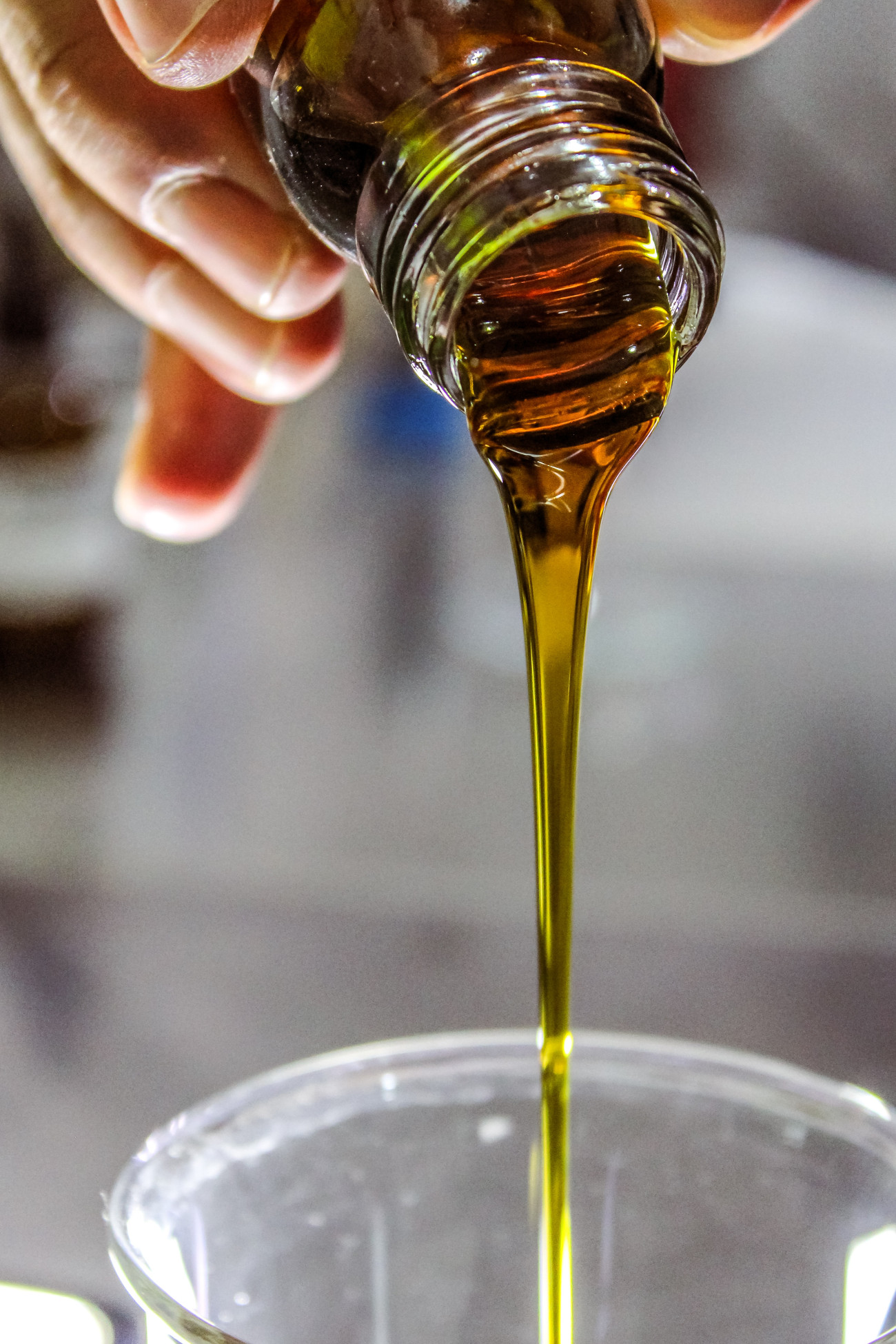
Upon opening the bottle, olive oil has a shelf life of 18 to 24 months, and since extra virgin olive oil is less processed it has a shorter shelf life of 12 to 18 months. Some suggestions point to refrigerating olive oil to extend its shelf life, but it doesn’t change the olive oil’s unavoidable expiration, if anything, refrigerating olive oil changes its viscosity and makes it harder to use.
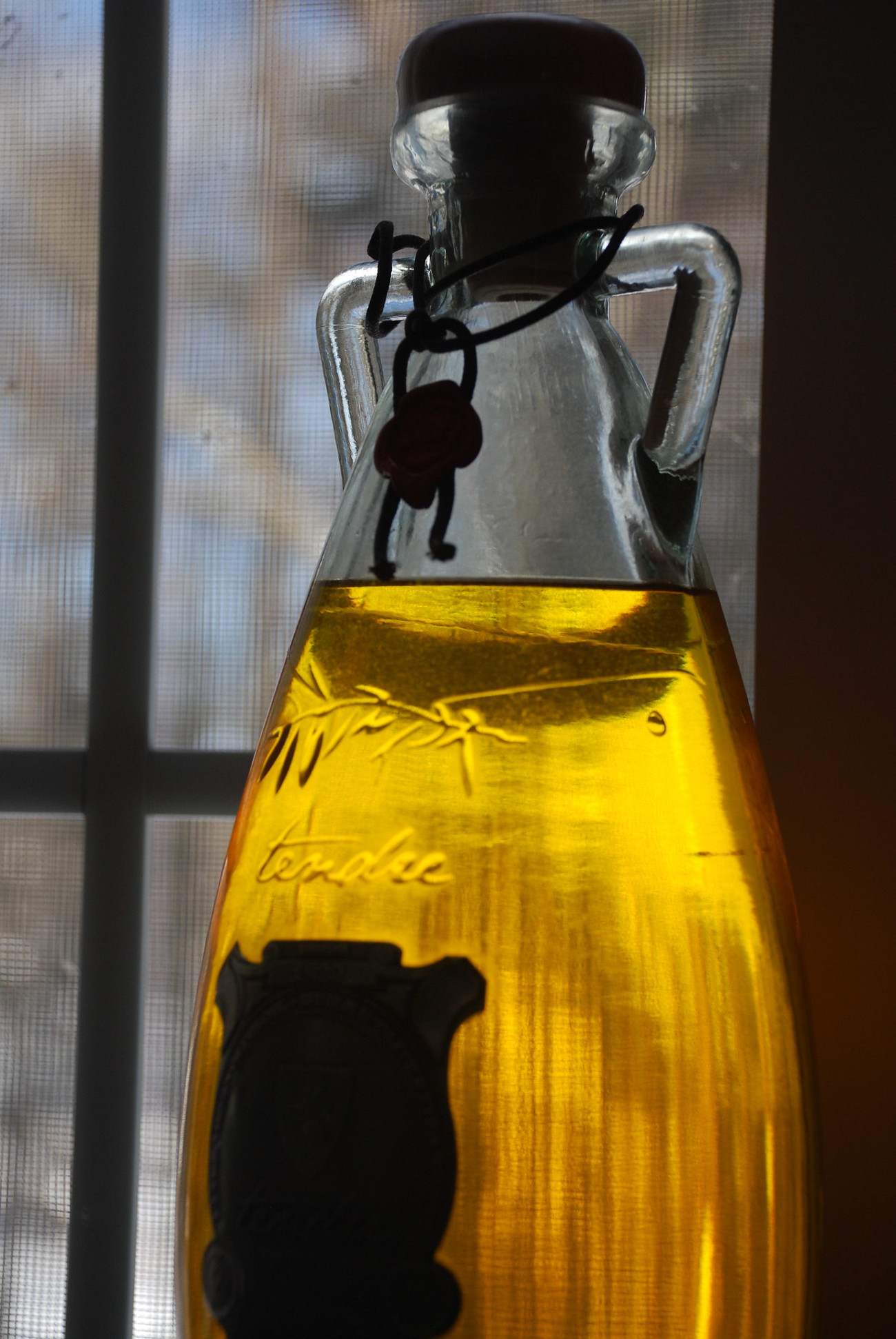
There are tricks to follow even before opening that bottle of olive oil. When shopping for olive oil in the store, try to buy olive oils in dark glass bottles, as this dark coating acts as sunglasses against excessive light. To further ensure that the olive oil lasts longer, wipe the top opening of the bottle and seal it tightly between uses, excess drippage can get rancid before the rest of the oil and then compromise the flavor of the olive oil in the bottle.
